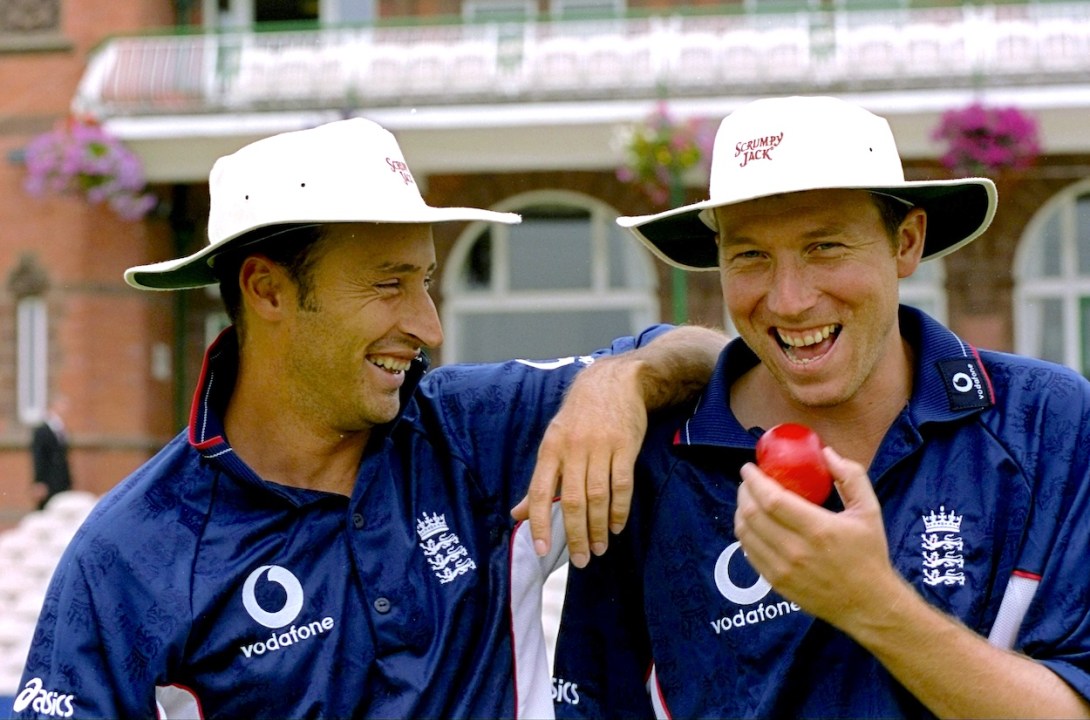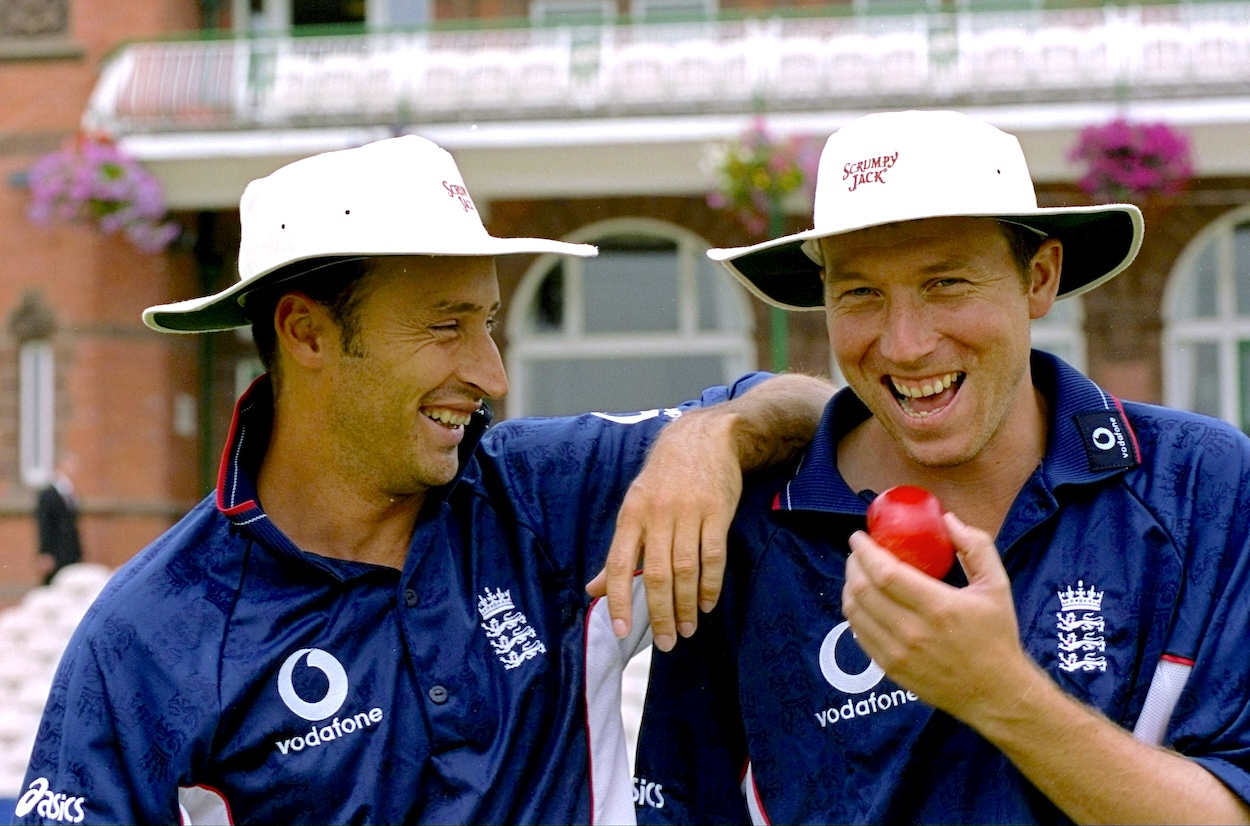A great Test match at Headingley on Tuesday, the first of five this summer against India, brought a famous victory for England’s cricketers. Required to make 371 – a target they had surpassed only once in history – they got there at 6.30 p.m. on the fifth afternoon for the loss of five wickets.
It was a thrilling occasion, to which the Indians contributed five centuries. No team, in any first-class match, had ever supplied five century-makers and lost. What a triumph for Ben Stokes, the captain, who asked India to bat on the first morning. No challenge, it seems, is beyond them.
Casting an eye on proceedings were Michael Atherton and Nasser Hussain, Sky’s lead commentators, who must now be considered the best television pundits in the land – not just on cricket, but all sport. Born five days apart in March 1968, the pair have been allies since their schooldays, when they were batsmen who bowled a bit of leg-spin. Atherton went to Manchester Grammar School and Cambridge, Hussain to Forest School and Durham. Later, playing for Lancashire and Essex, they graduated to the England team within six months of each other, and went on to captain their country.
Hussain made the better leader, taking over a bedraggled XI in 1999 and handing over a well-drilled side four summers later to Michael Vaughan, who took the players on to glory against Australia in 2005. Vaughan, an excellent captain, had a firm hand on the tiller – but it was Hussain who righted the ship when the storms were most fierce.
Atherton, who led England between 1993 and 1998, was less successful, because he had fewer good bowlers at his disposal. An unassuming man, he often showed the world a grumpy face, whereas Hussain used journalists skilfully to engage the cricketing public. As cricket correspondent of the Times, Atherton is acknowledged to be the wisest writer on the sport. Hussain’s columns in the Daily Mail may be knocked into shape by a ghost, but they bear the stamp of authenticity.
On the box, where they perform as commentators and analysts, they make an ideal pairing. Not for them the peacock preening of many players thrust into media roles. They do their prep and speak with an authority that is entirely natural. They do not shout to be heard, nor do they bump up performances to make producers feel happier.
And the jargon! Whether it’s ‘hits’ instead of tackles, or ‘recycling’ for passing, or – worst of all – the revolting ‘skill-set’, the language of modern sport has alienated older viewers
To understand how accomplished they are, cock an ear to the half-wits in football – where illiterate show-ponies are considered desirable because they once played at a high level. Football, with its limitless cast of crooks and tarts, has always provided a lucrative second career for the intellectually challenged. It’s happening in rugby, too. A Six Nations match will now be covered by a commentator flanked by summarisers from each competing country, a touchline reporter and three experts in the studio. That’s seven voices – six more than are necessary for a game lasting an hour and a half.
The traditional gifts of clarity and understatement, favoured by the likes of Peter Alliss and Richie Benaud, have been lost in an age which values exaggeration. Too few realise that, on the telly, pictures tell the tale more truthfully than the shrieks and whoops of excitable children. And the jargon! Whether it’s ‘hits’ instead of tackles, or ‘recycling’ for passing, or – worst of all – the revolting ‘skill-set’, the language of modern sport has alienated older viewers. In cricket we now have horrors like ‘going downtown’ (a straight drive), which Alison Mitchell of the BBC has made her own.
Neither Atherton nor Hussain has been drawn in. They may use clichés – which are unavoidable in a day that lasts six hours – but there is no jargon and no fluffery. Which means their judgement, based on a close reading of events, falls on receptive ears.
We’ve come a long way from the days of the old BBC which, to be fair, did its best by cricket for four decades. The modern viewer would find it hard to follow Tom ‘pretty adjacent’ Graveney or the lugubrious Jim Laker for long, however fondly they were regarded by those who remembered them as great players. In their forensic approach and delightful lack of tribalism – the curse of modern sport – Atherton and Hussain are setting new standards. Others should listen, and learn.








Comments